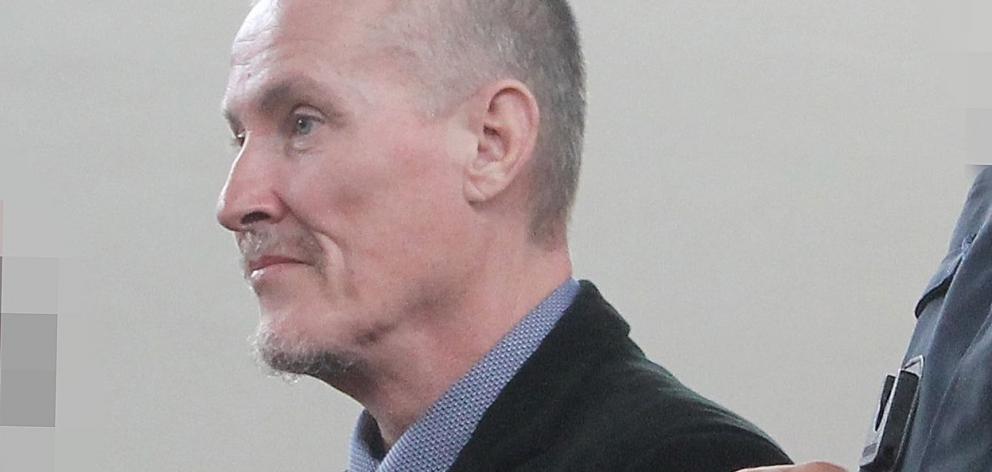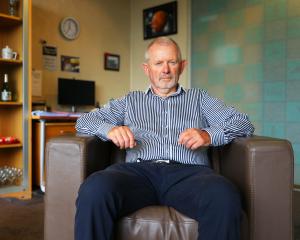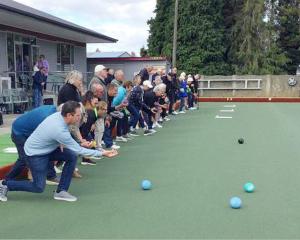
The evidence, which was never heard during the trial, can be revealed by the Otago Daily Times now the appeals timeframe has lapsed.
Three justices who were presented with the evidence in a pre-trial appeal said if the evidence was believed, it was "highly relevant" to proving Rodney Fallowfield’s knowledge of the inherent dangers of strangulation.
At a jury trial in July, Fallowfield was found not guilty of murdering Shirley Reedy at Te Anau on May 15 last year. However, he was found guilty of manslaughter, a charge to which he had already pleaded guilty.
The crux of the trial, which began before Justice Jan-Marie Doogue on July 5, pivoted on whether the Crown could prove, beyond reasonable doubt, whether Fallowfield intended to kill Ms Reedy or whether he knew his actions could lead to her death.
While one juror thought the case had been proven, 11 jurors believed it was not.
The undisclosed evidence was released in judgement after counsel Peter Redpath sought to have two women’s evidence dismissed.
One woman gave evidence in court, the other did not, even though it was deemed admissible.
The judgement, released by Justices Denis Clifford, Susan Thomas and Matthew Muir in June, reveals the woman who did not give evidence during the trial alleged Fallowfield had strangled her.
In her evidence, the woman describes how, when she was unable to find a new supplier from which to buy marijuana, Fallowfield became angry.
"I was sitting on a stool in the kitchen. He hit me on the back of the head."
When she lifted her arms up to protect herself, Fallowfield call her a stupid fat b.... and started choking her.
"I don’t remember what happened after that."
She remembers coming to, with Fallowfield standing over her.
"He told me he thought he’d killed me. He told me I lost consciousness and began to have a seizure. I don’t know how long I was unconscious for."
She alleges Fallowfield refused to let her go to hospital for fear he would be arrested.
The justices’ decision says if they believed the woman’s evidence, it could be considered by a jury that he would know the likely consequences of strangulation at the time he assaulted Ms Reedy, particularly because the law did not require Fallowfield to know if death was more likely than not.
"If her evidence is to be believed, Mr Fallowfield came dangerously close to killing her and feared he had done so."
"It suffices the defendant knew that death ‘could well happen’ or was a ‘real’ risk."
In her summing up during the trial, Justice Doogue told jurors whether they knew strangulation would lead to someone’s death did not matter. What they had to decide was whether Fallowfield had an actual appreciation there was a real and substantial risk death would follow in the strangulation of Ms Reedy.
"You must stand in his shoes when you answer that question," she said in July.
“You have to be sure that he knew that death was a likely consequence and went ahead and took those actions, regardless of the risk."
Crown Counsel Riki Donnelly said last week he could not comment on why the woman’s evidence was never given in court.
Fallowfield was sentenced to four years and three months jail and will be eligible for parole in mid-2022.
The Crown Law office confirmed it would not be appealing the sentence.










